When Is Hajj 2026? Join the Live Countdown to the Pilgrimage of a Lifetime
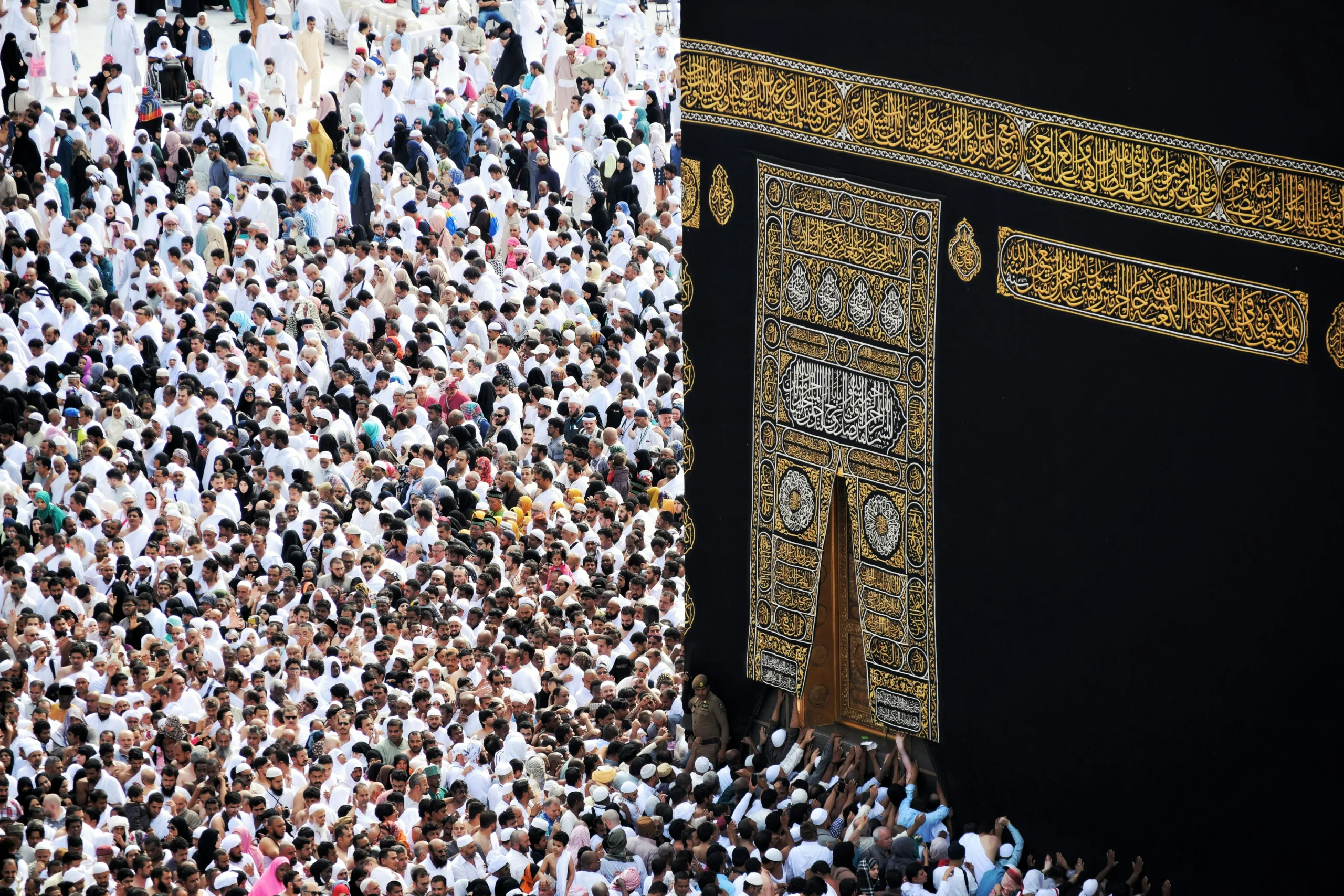
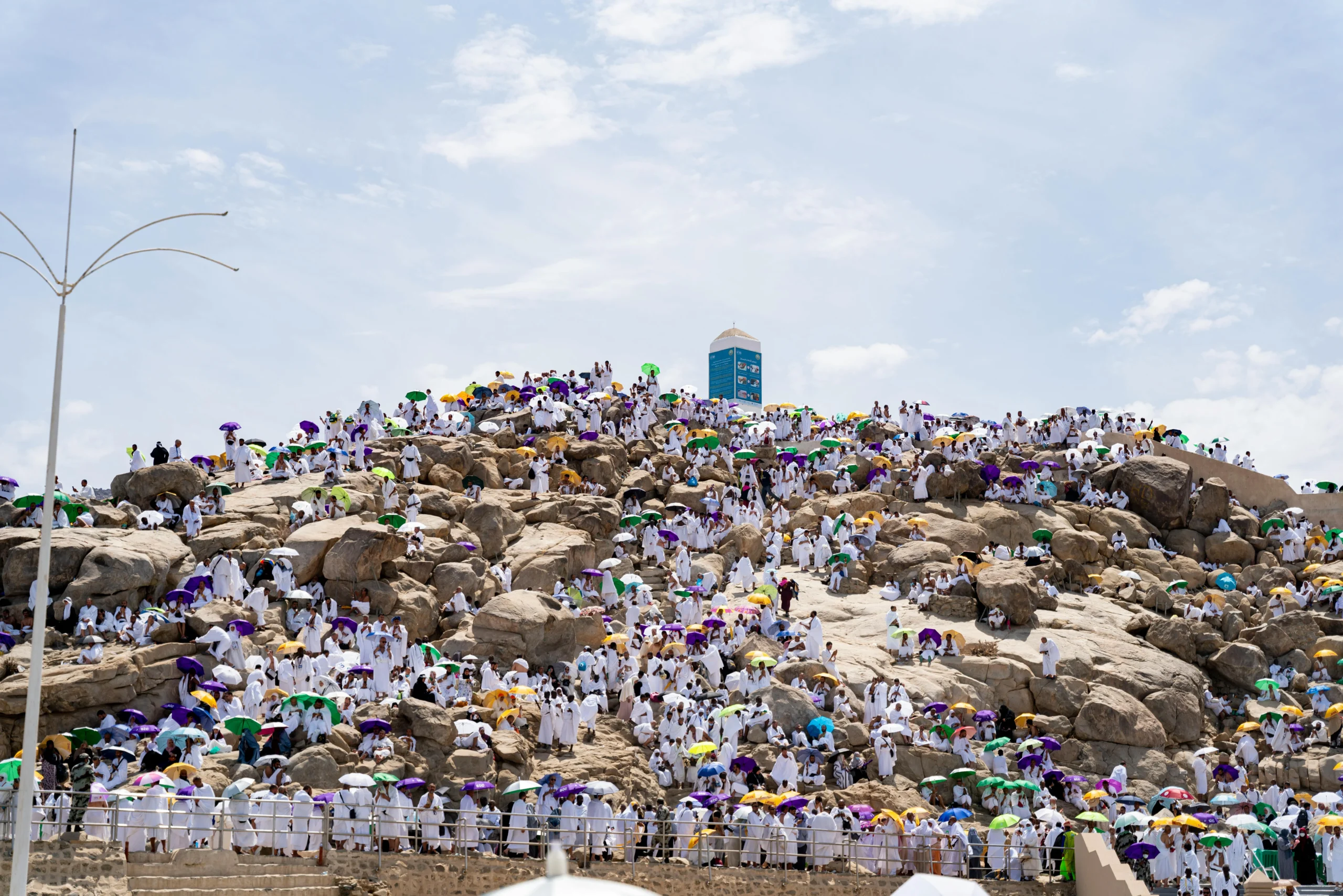
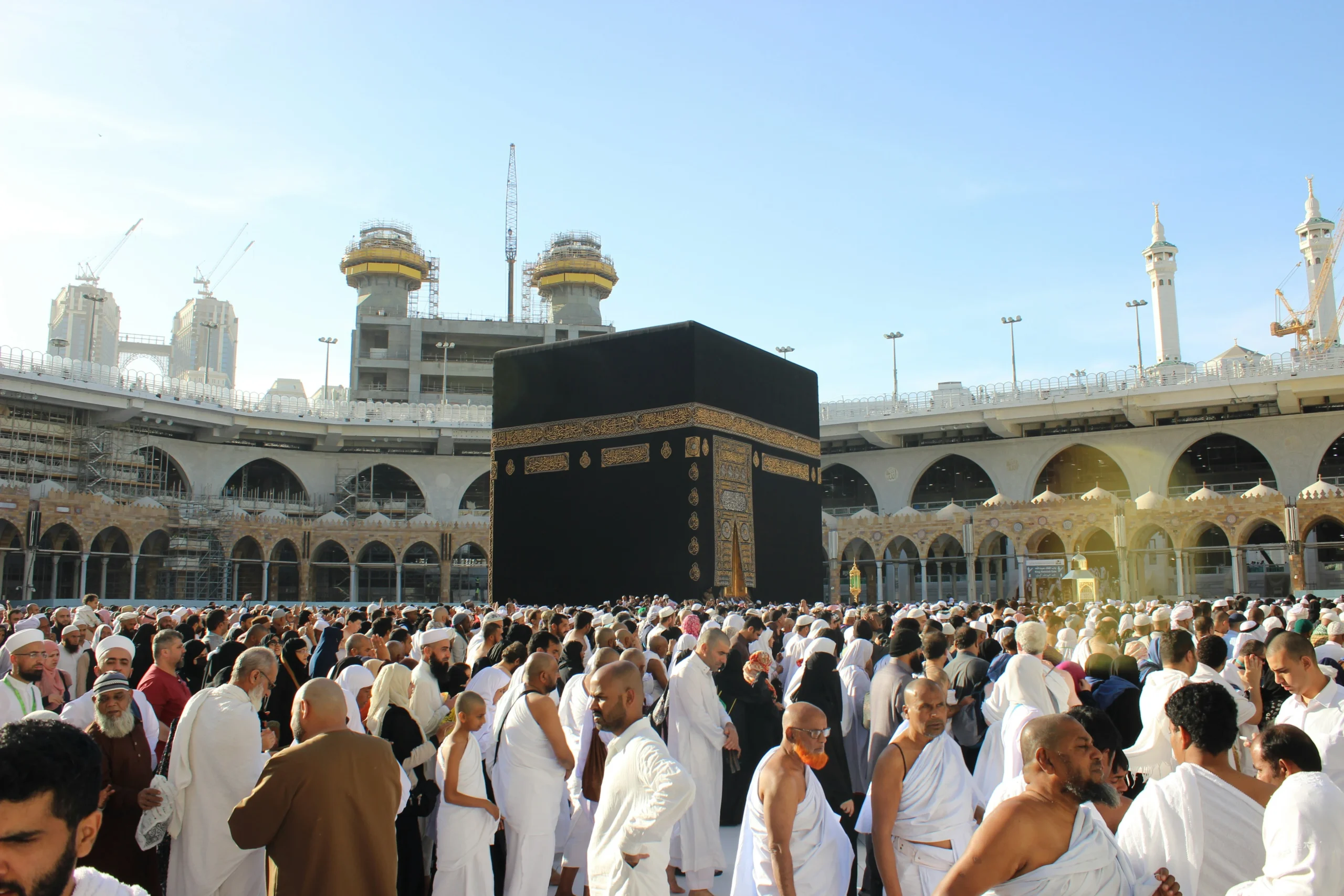
Hearts united, wrapped in humble cloth.
Day(s)
:
Hour(s)
:
Minute(s)
:
Second(s)
When is Hajj 2026?
Hajj in 2026 is expected to take place from Monday, May 25 to Saturday, May 30, 2026, corresponding to 8th to 13th Dhul-Hijjah 1447 AH in the Islamic calendar. These dates may vary slightly depending on the sighting of the moon, as the Islamic calendar follows the lunar cycle. Official confirmation is usually provided by the Saudi authorities closer to the actual dates.
What is Hajj?
Hajj is the sacred pilgrimage that every Muslim is obliged to perform at least once in their lifetime, provided they are financially, physically, and emotionally able. It takes place at the Masjid al-Haram, the holy mosque in Makkah, Saudi Arabia, during the month of Dhul Hijjah, which is the twelfth month of the Islamic Calendar.
This spiritual duty begins on the 8th of Dhul Hijjah and continues until the 13th. In 2026, Hajj is expected to occur from Monday, May 25 to Saturday, although the exact dates depend on the sighting of the moon. Since the Islamic calendar follows the lunar cycle, the timing of Hajj shifts forward by around 11–12 days each year relative to the Gregorian calendar.
Being one of the five pillars of Islam, Hajj is more than just a journey; it is a deeply spiritual experience that cleanses the soul and renews one’s faith. It reflects submission to Allah (SWT), following in the footsteps of Ibrahim (AS), Hajar, and Prophet Muhammad (PBUH).
Is hajj /pilgrimage is a public holiday in pakistan?
No— Hajj itself is not observed as a public holiday in Pakistan, but the conclusion of the Hajj pilgrimage, which coincides with Eid al‑Adha, is officially a public holiday.
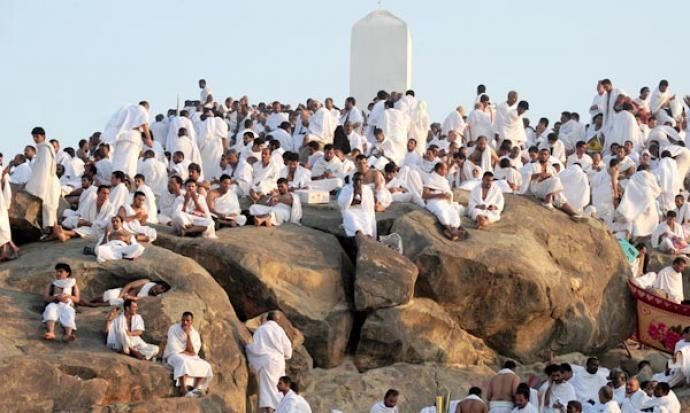
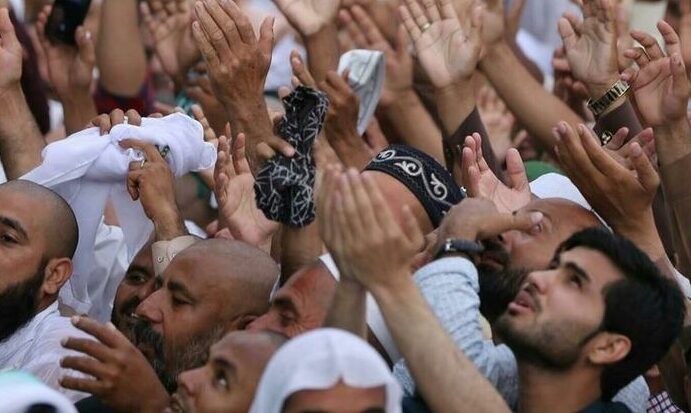
History Of the Hajj
The story of Hajj, the sacred pilgrimage in Islam, stretches back to the time of Prophet Ibrahim (AS). It was in 628 CE that Prophet Muhammad (peace and blessings be upon him), along with his Muslim followers, performed the first Islamic Pilgrimage, thus re-establishing the sacred traditions started millennia ago. The original commandment came from Allah (SWT) to Ibrahim (AS), instructing him to travel to the barren desert of Makkah and leave his wife Hajar and infant son Ismail (AS) there.
Safa and Marwa
In that desolate land, with no resources, Hajar ran desperately between the hills of Safa and Marwa in search of water, repeating this effort seven times. Her journey was one of courage and devotion. Eventually, as Ismail (AS) cried, he struck his leg on the ground and, by Allah’s command, a stream of water emerged—this became the Zam Zam well. This miracle not only quenched their thirst but also allowed them to trade provisions with traveling merchants, leading to the growth of a settlement that would later become the holy city of Makkah.
Story of Hazrat Ibrahim
Years later, Ibrahim (AS) returned and was instructed by Allah (SWT) to build the Kaaba, a stone structure for the worshippers of one God to gather. It was constructed with Ismail (AS) in the exact spot originally marked by Adam (AS), the first man and prophet. The Kaaba is not an object of worship itself—idolatry is firmly prohibited in Islam—but it serves as the unifying point for all Muslims.
Over the centuries, the Kaaba was overtaken by pagan Arabs, filled with idols, and its sacredness corrupted. When Prophet Muhammad (PBUH) received revelation and the final message of Tawheed (monotheism), he was guided to reinstate the sacred tradition of Hajj. Today, the Hajj pilgrimage stands as a timeless act of devotion, rooted in history, sacrifice, and faith.
Hajj (2025–2030)
| Year | Date (Gregorian) | Day |
|---|---|---|
| 2025 | June 4 – June 9, 2025 | Wednesday – Monday |
| 2026 | May 24 – May 29, 2026 | Sunday – Friday |
| 2027 | May 13 – May 18, 2027 | Thursday – Tuesday |
| 2028 | May 2 – May 7, 2028 | Tuesday – Sunday |
| 2029 | April 21 – April 26, 2029 | Saturday – Thursday |
| 2030 | April 10 – April 15, 2030 | Wednesday – Monday |
* Hajj is the annual Islamic pilgrimage to Mecca, performed during the month of Dhul-Hijjah.
FAQs
What does Hajj mean?
Hajj means to go on a great journey.
How many days is Hajj?
The Hajj pilgrimage is performed over five to six days, from the 8th to 12th or 13th of Dhul Hijjah. When the new crescent moon is sighted, Eid al-Adha begins, which lasts for four days.
Who is excused from Hajj?
Firstly, only Muslim adults (whether male or female) are required to perform Hajj. This means that, while children may go to Hajj, it is not required of them.
Secondly, the very weak, sick, elderly, or otherwise physically incapable Muslims are exempt from having to perform the pilgrimage.
Thirdly, the Muslim must be financially able to perform Hajj.
